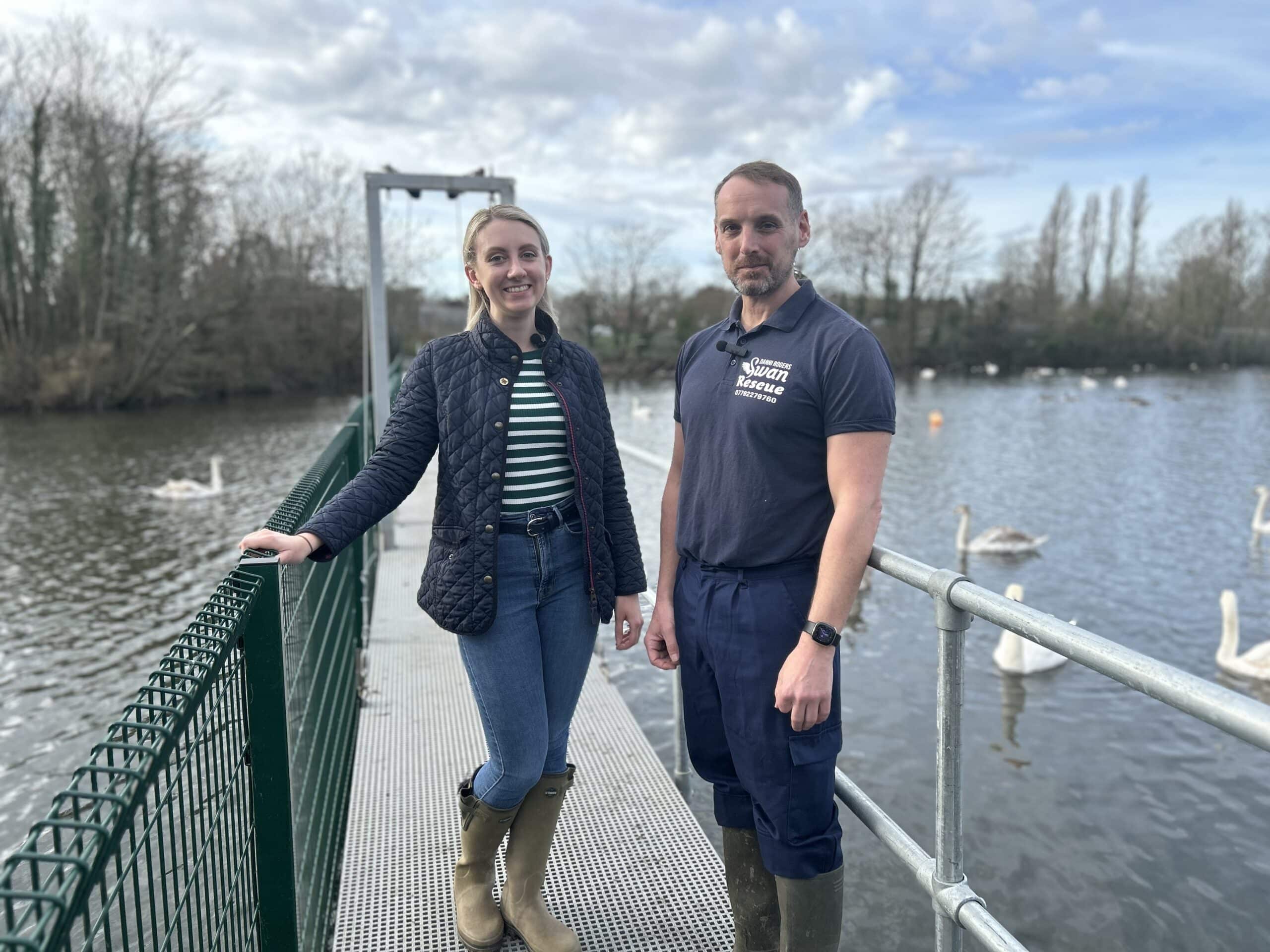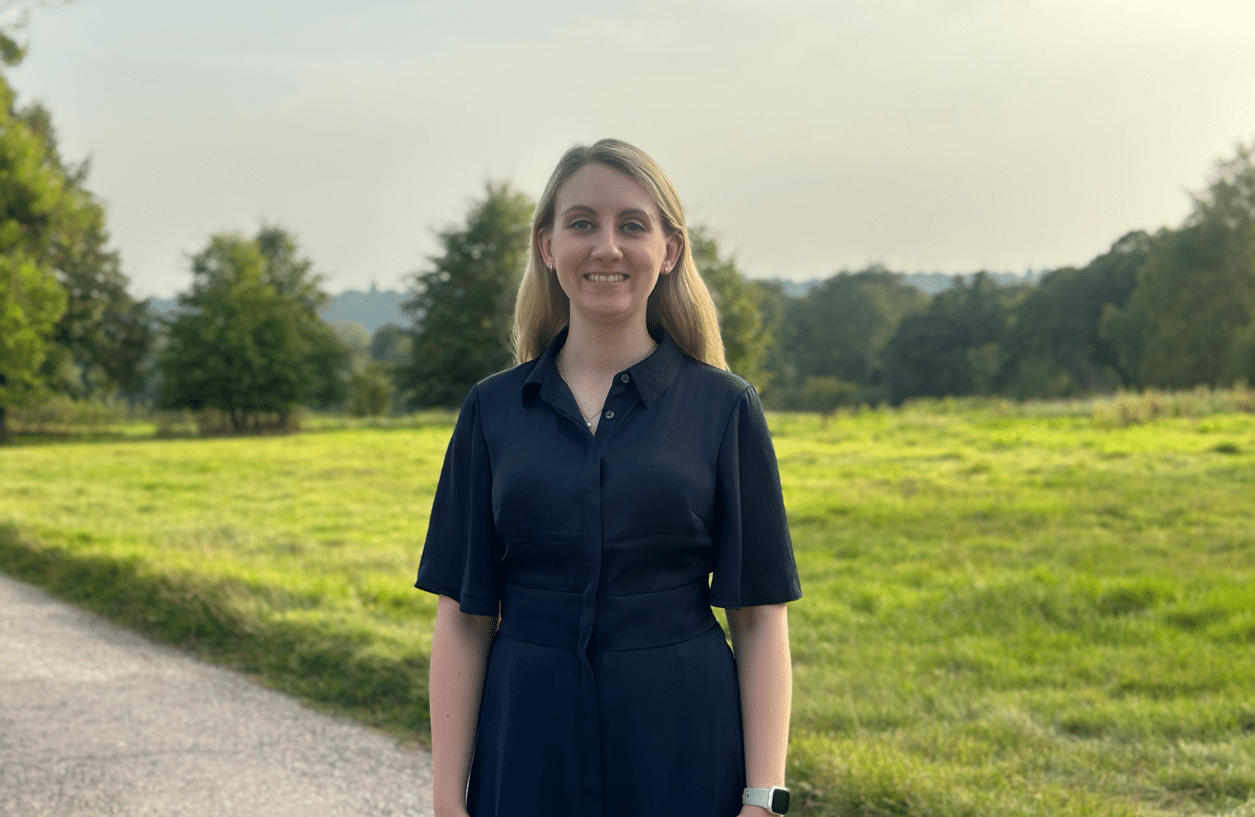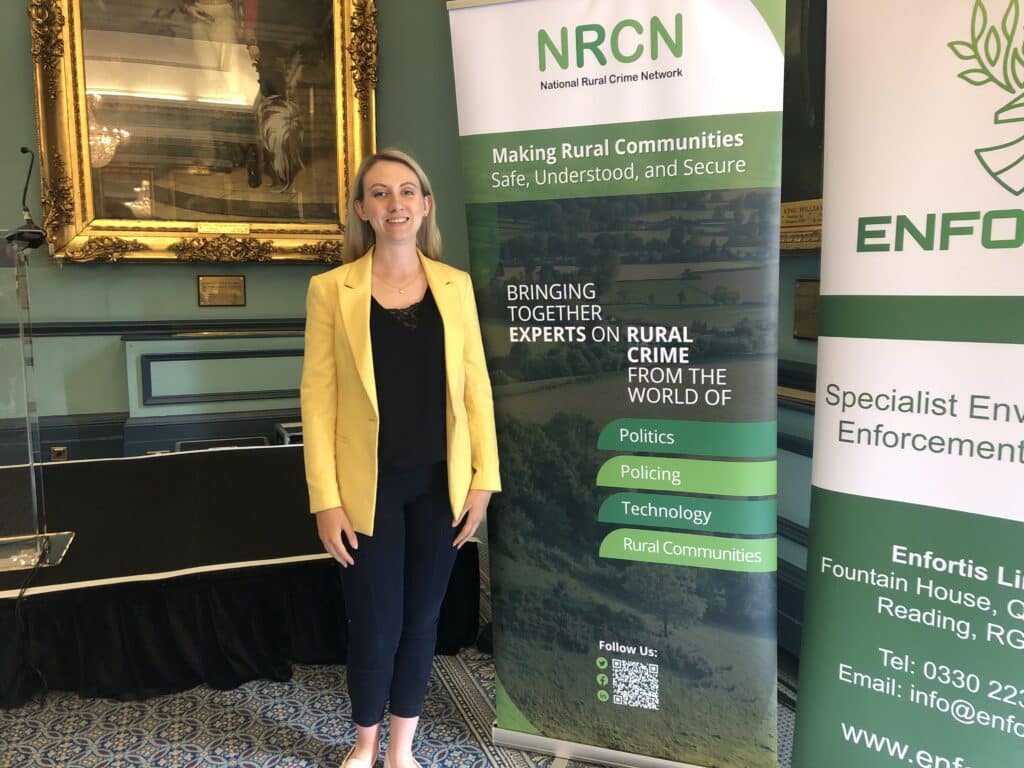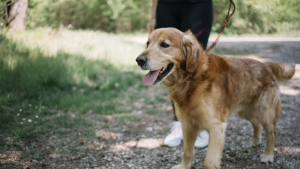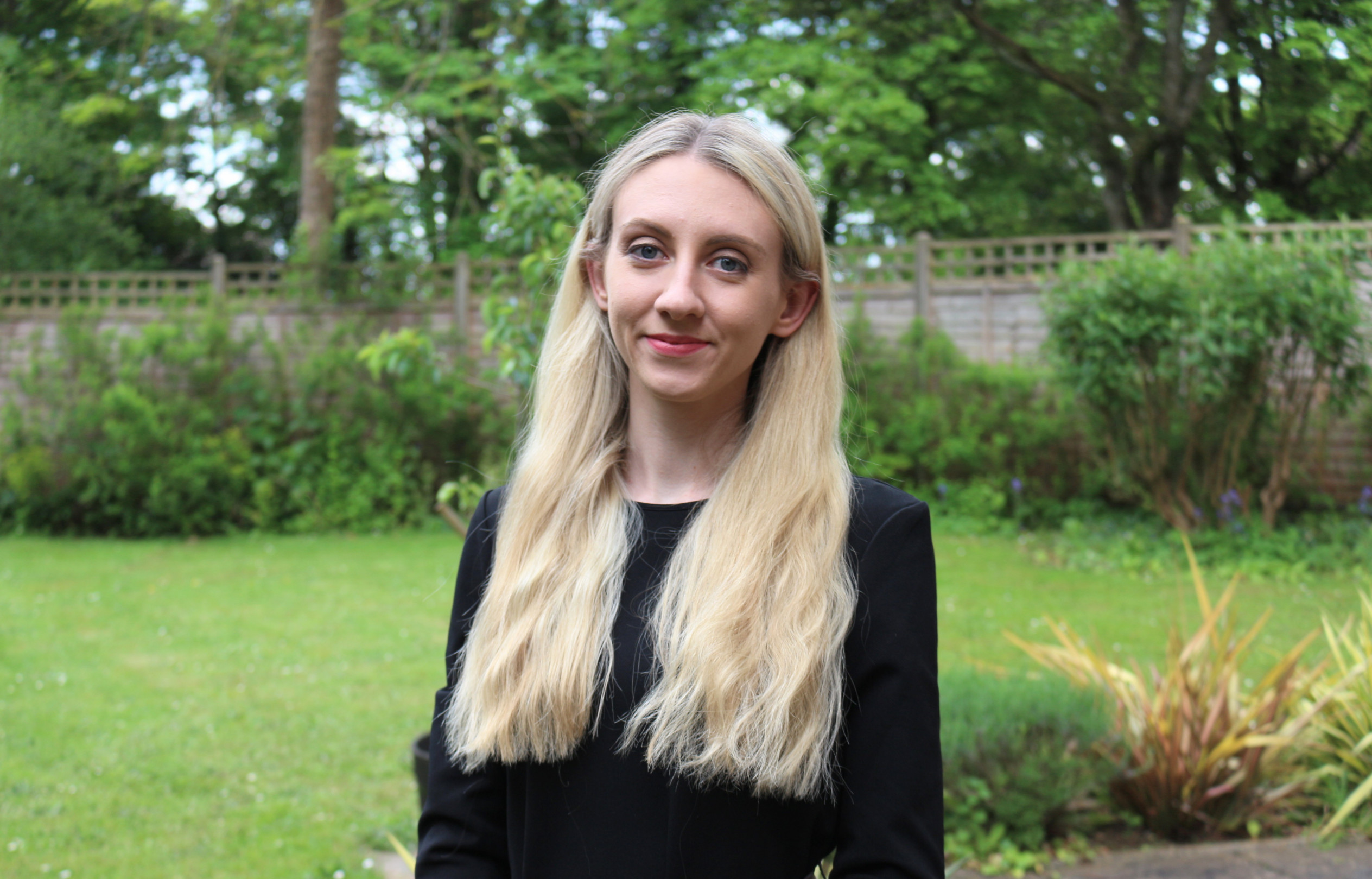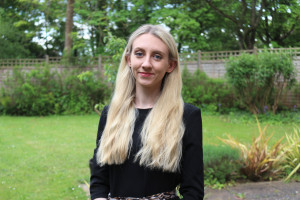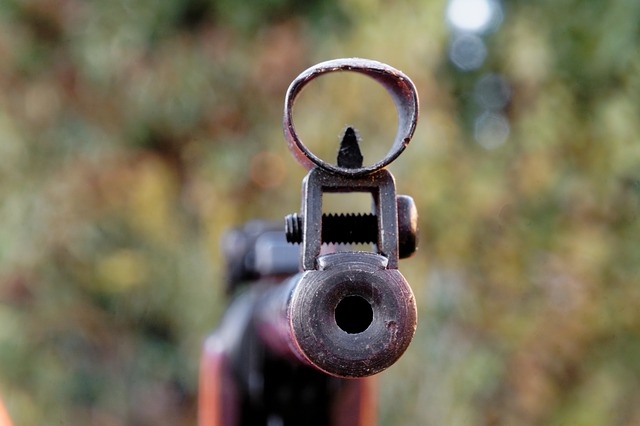LAWS on the sale and possession of catapults must be tightened to drive down crime, Surrey’s Deputy Commissioner has said, following a spate of attacks on swans in the county.
Ellie Vesey-Thompson visited Shepperton Swan Sanctuary last week after seven birds were shot dead in just six weeks.
She spoke with sanctuary volunteer Danni Rogers, who has started a petition calling for the sale of catapults and ammunition to be made illegal.
In the first fortnight of 2024, five swans were killed in and around Surrey. A further two died, and four were seriously injured, in attacks since January 27.
The birds were targeted in Godstone, Staines, Reigate and Woking in Surrey, as well as in Odiham in Hampshire.
The number of attacks so far this year has already surpassed the total recorded throughout the whole 12 months of 2023, during which the rescue was called to a total of seven attacks on wild birds.
It is believed that most of the swans attacked this year were pelted with catapults, although at least one was hit with a pellet from a BB gun.
Currently, catapults are not illegal in Britain unless they’re being used or carried as a weapon. Using catapults for target practice or hunting in the countryside is not illegal, as long as the carrier is on private property, and some catapults are specifically designed for anglers to spread bait across a wide area.
However, all wild birds, including swans, are protected under the Wildlife and Countryside Act 1981, meaning it is an offence to intentionally kill, injure or take a wild bird except under a licence.
Catapults are also often connected to anti-social behaviour, which was identified as a key concern for Surrey residents during a series of Policing Your Community events hosted by the Police and Crime Commissioner and Chief Constable throughout the autumn and winter.
“Cruel attacks”
Some major online retailers offer a catapult and 600 ball bearings for as little as £10.
Ellie, who leads on the Commissioner’s approach to rural crime, said: “These cruel attacks on swans are deeply distressing, not only for volunteers like Danni, but for many residents in communities across the county.
“I wholeheartedly believe that more legislation around catapult use is urgently needed. In the wrong hands, they can become silent, lethal weapons.
“They are also connected to vandalism and anti-social behaviour, which can be hugely significant to members of the public. Residents who attended our Policing Your Community events made it clear that anti-social behaviour is a key issue for them.
Volunteer’s petition
“I have discussed this key issue with ministers, and will continue to lobby for a change in the law.”
Danni, who became a volunteer for the sanctuary after rescuing a heron during lockdown, said: “At one particular location in Sutton, I could go and pick any two birds and they’d have been injured by a missile.
“Online retailers sell these dangerous weapons and ammunition online very cheaply. We’re facing an epidemic of wildlife crime, and something needs to change.
“The injuries caused to these birds are horrific. They suffer broken necks and legs, broken wings, the loss of their eyes, and the weapons used in these attacks are easily accessible to anyone.”
To sign Danni’s petition, visit: Make the sale of catapults/ammunition and carrying catapults in public illegal – Petitions (parliament.uk)
